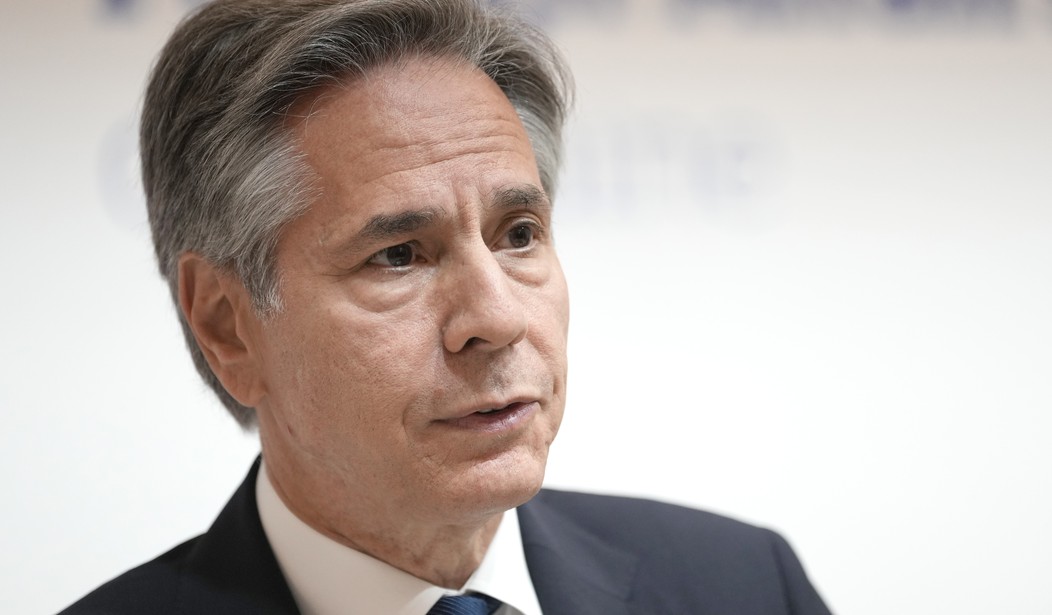In revealing admission, U.S. Secretary of State Antony Blinken acknowledged that American pressure on Israel played a significant role in causing Hamas terrorists to back away from previously discussed deals. Blinken's comments, which surfaced amid escalating tensions in the Middle East, shed light on the complex dynamics between the U.S., Israel, and Hamas. The revelation raises questions about the Biden Administration's approach to Middle East peace efforts and whether its actions have unintentionally emboldened terrorist groups.
During a recent interview with the New York Times, Blinken said that in the first few days after Hamass attacked Israel on October 7, 2023, killing 1,200 people with 251 taken hostage, he threatened Israel that outgoing President Joe Biden would not visit the country as planned unless the government allowed aid into Gaza. He described how, just five days after the attack, he met with Israeli leaders, including Israeli Prime Minister Benjamin Netanyahu, at the IDF headquarters in Tel Aviv. During the meeting, the group debated ensuring humanitarian aid reached Palestinians for hours. This proposal raised concerns about prioritizing aid to those linked to terrorist groups rather than focusing on Israel's security.
Here’s more of precisely what Blinken said:
And that was an argument that took place because you had in Israel in the days after October 7 a totally traumatized society. This wasn’t just the prime minister or a given leader in Israel. This was an entire society that didn’t want any assistance getting to a single Palestinian in Gaza. I argued that for nine hours.
I told the prime minister, I’m going to call the president and tell him not to come if you don’t allow this assistance to start flowing. And I called the president to make sure that he agreed with that, and he fully did. We got the agreement to begin assistance through Rafah, which we [later] expanded to Kerem Shalom and many other places,
Blinken also said the United States did not believe Israel has been carrying out genocide in Gaza but acknowledged that there have been times when Israel was not “doing enough” to allow humanitarian assistance into the Palestinian region.
Recommended
However, the Biden Administration official did question why there hasn’t been a worldwide outcry for Hamas to put down its weapons and surrender, noting that most of the global pressure to end the ongoing war has been on Israel.
“Why there hasn’t been a unanimous chorus around the world for Hamas to put down its weapons, to give up the hostages, to surrender — I don’t know what the answer is to that. Israel, on various occasions [prior to the war], has offered safe passage to Hamas’s leadership and fighters out of Gaza. Where is the world? Where is the world saying, Yeah, do that! End this! Stop the suffering of people that you brought on!” He said.
























Join the conversation as a VIP Member